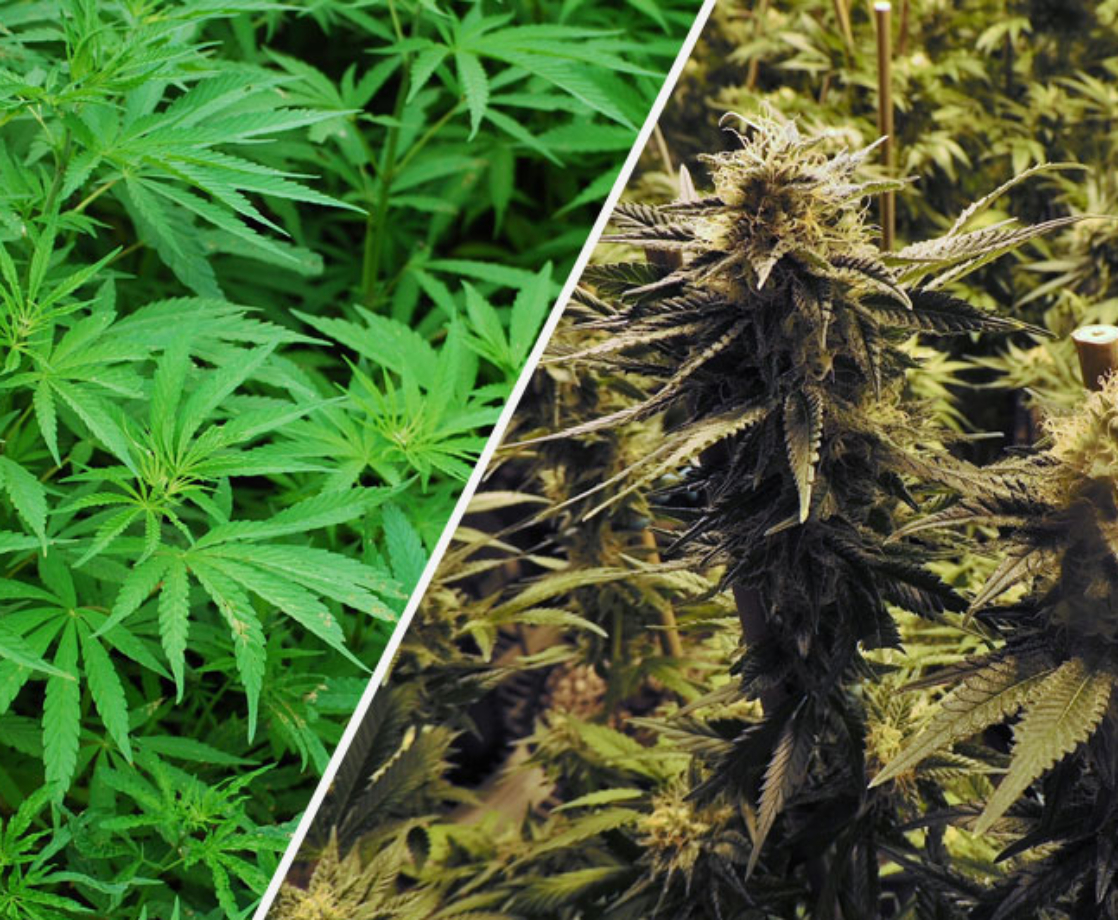Police will soon be able to test if they found marijuana or hemp as quickly as someone can scan a grocery item’s barcode.
Researchers at Texas A&M University recently announced that they developed a “hemp scanner,” a handheld device that can easily be transported around any police cruiser. The device is described in the January issue of the Royal Society of Chemistry Advances.
Why do cops need a laser gun to distinguish marijuana from hemp? In late 2018, the US government passed the annual Farm Bill, which effectively legalized hemp — a form of weed with almost no THC, the compound that gets people high — but not marijuana, the type of cannabis that’s rich in THC. With the majority of US states now permitting hemp cultivation, processing, and sales, pot smugglers now have an easier time transporting large quantities of marijuana into and across states where weed remains illegal.
At the moment, police labs require sophisticated equipment and specially trained chemists to detect if plant samples contain THC above the legal 0.03 percent limit. And even if the cops have access to such a lab, results can take hours, if not days, to come through.
However, the new device from Texas A&M is basically a Raman spectroscope. For those of you who don’t speak Nerdish, Raman spectroscopy is a technique where a light frequency is set to a specific molecule. Since every molecule vibrates to a different light frequency, the researchers just needed to find which setting made THC hum, so to speak. Now, all someone has to do is point the laser gun at some buds, press a button, and it will tell them whether or not the plant sample contains ample amounts of THC.
“We know plants from A to Z in terms of their spectroscopic signature,” said Dmitry Kurouski, Ph.D, an assistant professor of biochemistry and biophysics at Texas A&M and the study’s lead author, to Phys.org. “But when we saw such a crystal-clear picture of THC that appeared in one second of spectral acquisition, that was mind-blowing.”
According to the researchers, the hemp-ray is practically 100 percent accurate when detecting THC. They’ve also developed another version of the laser gun that can detect CBD, a non-intoxicating cannabis compound that is commonly found in hemp, with 98 percent accuracy.
For those of you worried about cops doing drive-by laser-shootings of your weed crops, you can rest somewhat easy: The Texas A&M University team doesn’t expect their device to hit mass production for at least another two to three years. So, until then, cops will still need to send seized weed samples off to labs so slow-poke chemists can run them through their HPLC instruments.











